Tiny but mighty, blueberries are rich in health benefits
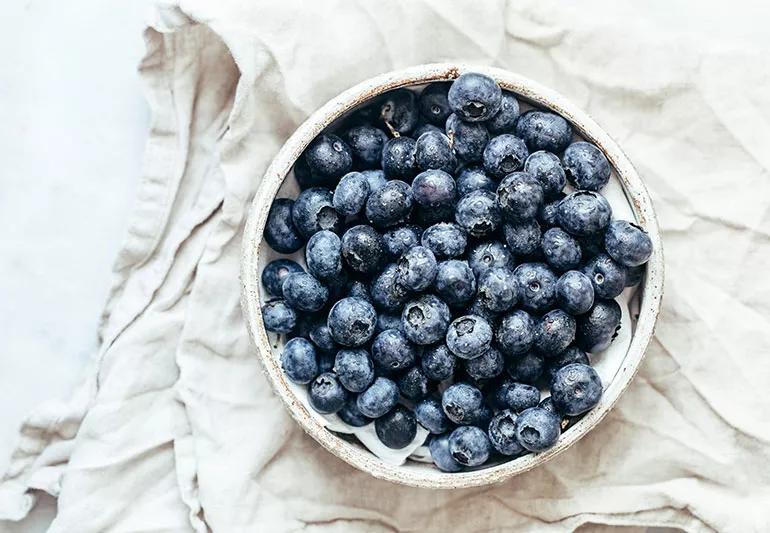
In the summer, there’s nothing quite like digging into a bowl of fresh, juicy blueberries — and these delicious tiny fruits pack a big nutritious punch.
Advertisement
Cleveland Clinic is a non-profit academic medical center. Advertising on our site helps support our mission. We do not endorse non-Cleveland Clinic products or services. Policy
Dietitian Julia Zumpano, RD, LD, has the scoop on the benefits of eating blueberries.
Absolutely. In fact, blueberries are one of the healthiest fruits for you, Zumpano says. “Studies show that they help protect against aging, cancer and damage to your DNA.” A standard serving of 100 grams (3/4 of a cup) provides 65 calories and 15 grams of carbohydrates.
Here are a few reasons why blueberries are such a healthy option.
Stress isn’t good for your body — especially oxidative stress. This kind of stress occurs due to the presence of molecules called free radicals. Produced naturally as a result of metabolism or because of exposure to pollution, cigarette smoke and alcohol, free radicals don’t get along with your body. In fact, they damage cells.
Antioxidants are key to reducing the impact of oxidative stress. “Antioxidants create a barrier or a shield around the cell to help protect it from being damaged,” Zumpano explains. As it happens, blueberries are very high in antioxidants — specifically anthocyanins, which are also found in chokeberries and elderberries.
According to a 2004 study, a cup of cultivated blueberries (berries grown to eat) has 9,019 antioxidants. Lowbush (or wild) blueberries have 13,427 total antioxidants per cup.
Advertisement
In addition to being low in calories, blueberries are nutrient-dense. They’re good sources of vitamin C and vitamin K, as well as manganese.
A cup of blueberries provides the following recommended daily intake of vitamins and minerals:
Vitamin C is known for boosting your immune system and fortifying other body functions, while vitamin K helps your blood clot properly. Manganese, meanwhile, can also help with blood clotting, while promoting bone and muscle strength.
Blueberries are high in soluble fiber. “Soluble fiber binds around the bile in our guts and helps remove that bile,” Zumpano says. Bile is waste that’s made of several things — including cholesterol, bile acids, salts, metals, and bilirubin (a substance produced after breaking down red blood cells) — which is why removing it is so important.
“When soluble fiber binds around the bile, it helps to remove that bile, composed of cholesterol with the body’s waste, therefore can lead to a reduction in cholesterol, which therefore leads to it preventing or reverse reducing your risk of heart disease,” she continues.
Because blueberries are high in fiber and lower in sugar when compared to other fruits, they don’t cause your blood sugar to spike. For people with certain health conditions, scientists suspect this positive effect could aid with blood sugar management. A 2016 review of animal and human studies concluded that more human studies were warranted, though, on the effect of blueberries on insulin resistance, which can lead to diabetes. A later 2020 study of men living with Type 2 diabetes found that eating blueberries daily lowered certain cardiometabolic health parameters, such as triglycerides.
A 2019 study of people living with metabolic syndrome found that eating blueberries daily had a positive impact. Although insulin resistance was unchanged, people saw a reduction in other areas. “Eating blueberries helps reduce blood pressure in people who have metabolic syndrome because it helps the body produce more nitric oxide, which relaxes your blood vessels,” Zumpano notes.
There’s no downside to eating blueberries every day because they’re so healthy. But Zumpano says you’ll get the most benefits from fresh, uncooked organic berries. While delicious, blueberry pancakes or muffins aren’t quite as healthy.
“Antioxidants can be harmed by heat,” Zumpano explains. “You don’t kill the fiber, and you still have the vitamins and minerals. But heat can affect the antioxidant content. So raw, fresh and organic blueberries are the best way to go.”
If you do buy non-organic blueberries, Zumpano also recommends washing them before eating. “I usually soak all my berries that are non-organic in lemon juice, or filtered water with baking powder,” she says. “I let them soak for a couple of minutes, and then drain and rinse them.”
The lemon juice tends to make them taste better, she adds. “Some of the berries get mushy after the baking soda. If it’s a rougher vegetable or something with a skin, like an apple or a cucumber or carrots, I’ll be more likely to use baking soda. However, berries tend to hold their share and texture better when cleaning with a filtered water with a small amount of lemon juice.”
Advertisement
Blueberries are also a versatile fruit suitable for meals at any time. You can enjoy them in cereal, oatmeal, smoothies or salads. “Organic frozen berries can be a little less expensive,” Zumpano says. “You can put them in hot oatmeal and let them defrost allowing their juices to release natural sweetness and flavor. Throw them in a smoothie, or just snack on them frozen for a refreshing snack for great ways to enjoy them.”
Advertisement
Learn more about our editorial process.
Advertisement
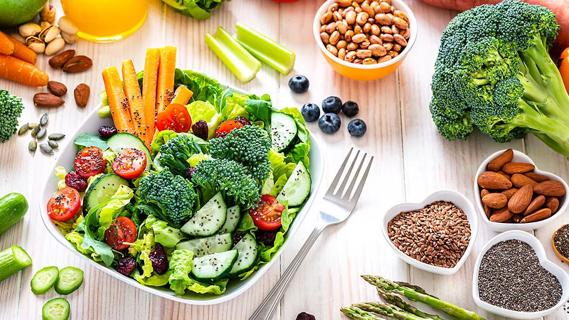
These typically colorful plant-based substances provide various health benefits that help protect you from disease
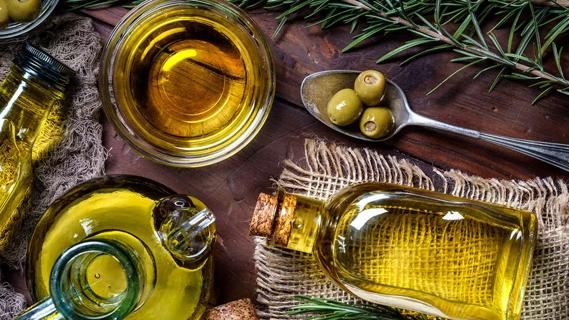
EVOO is full of antioxidants and has anti-inflammatory properties, both of which aid your body in multiple ways
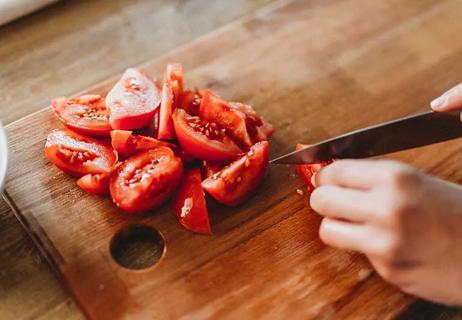
With powerful antioxidants, tomatoes boost your heart health and may lower your cancer risk

With a sweet, tangy flavor, tamarind is super versatile and high in antioxidants
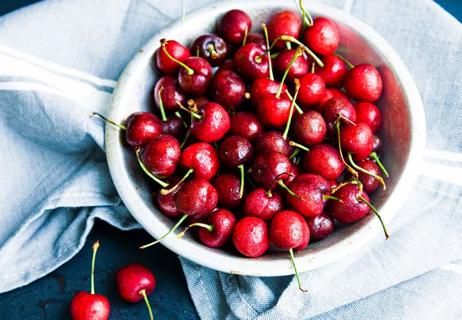
High in antioxidants and nutrients, cherries can help you sleep better and run faster!

Hydrate in style with this healthy twist on H2O
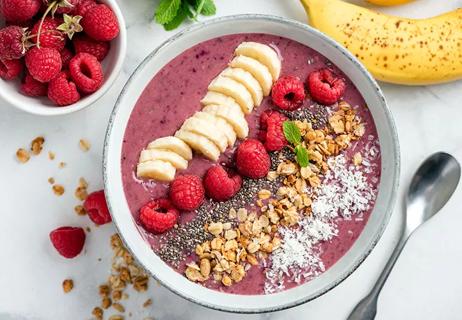
Here’s why you'll want to skip this one

When free radicals don’t have antioxidants to keep them in check, they go rogue

Type 2 diabetes isn’t inevitable with these dietary changes

Applying a hot or cold compress can help with pain